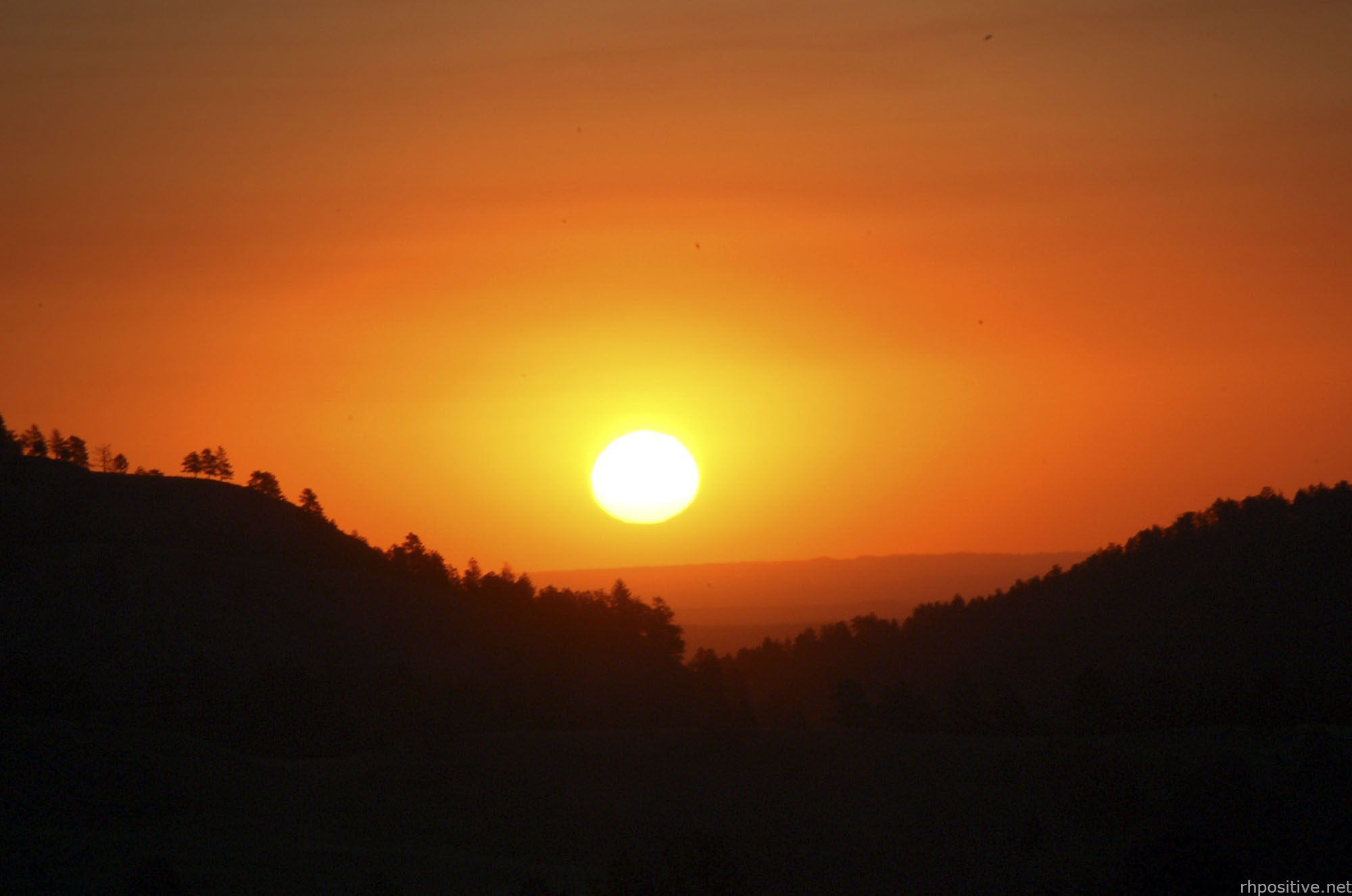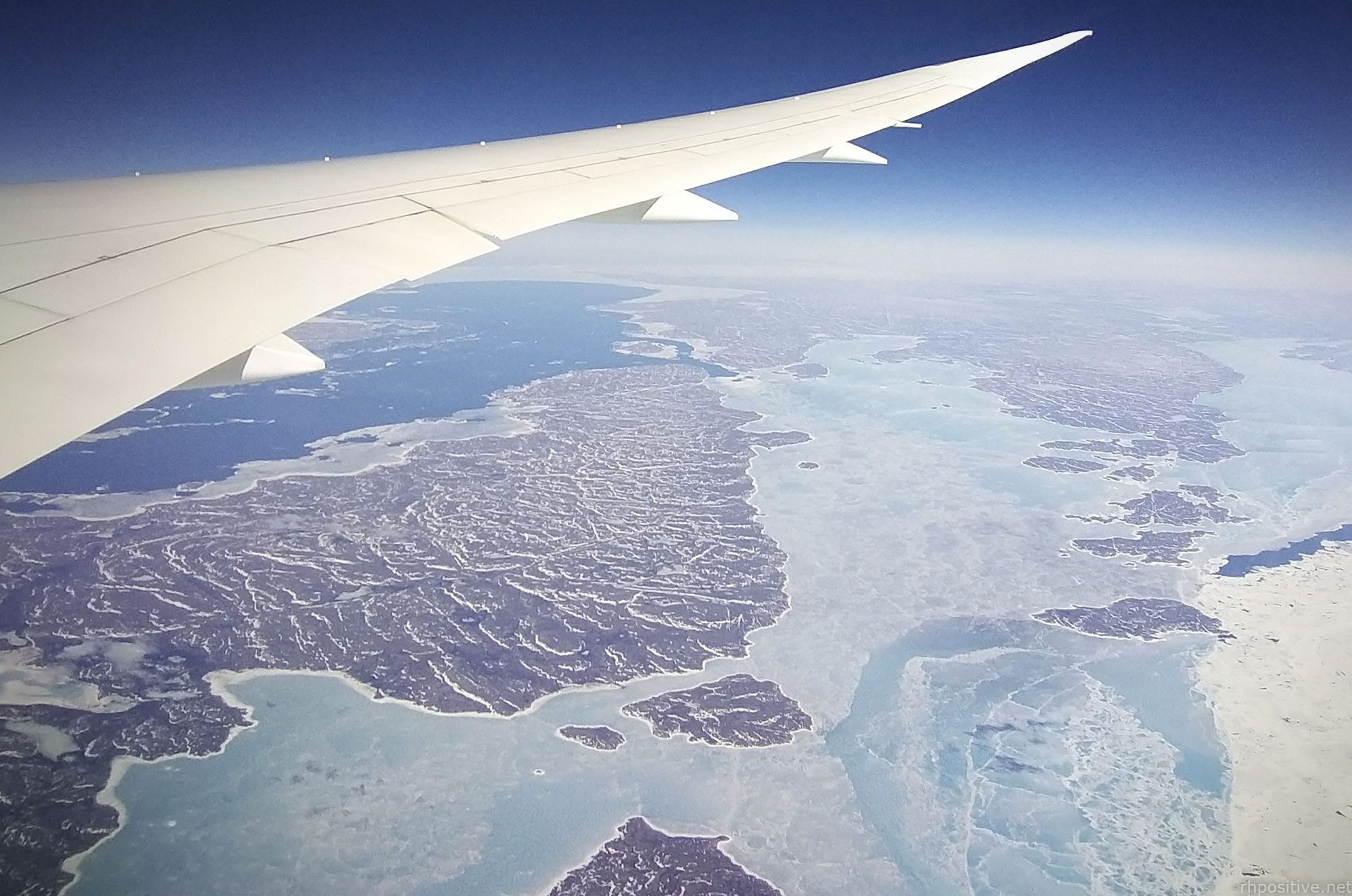Climate change, to the best of our scientific knowledge, is happening, and much of the recent global warming that we have seen appears caused by human actions. And climate change is a significant problem that threatens heavy economic and social costs. The world that humans are creating—with an increased likelihood of more intense storms, prolonged droughts, and profound changes to ecological systems—is not likely to bring changes that people will want. These are some of the vital insights of environmental scientists like Paul Ehrlich. At the same time, predictions that “billions of us will die” by the end of the century as a result of climate change or that civilization will collapse reenact the least helpful elements of Ehrlich-style environmentalism. What often gets lost in the climate debate are the lessons of the clash between Paul Ehrlich and Julian Simon. There is a serious and significant discussion to be had over what policy actions to take, and when. How much will the impacts of climate change cost, and how urgent is the need for immediate action?
Sabin, Paul. The Bet: Paul Ehrlich, Julian Simon, and Our Gamble over Earth’s Future, 2014.




